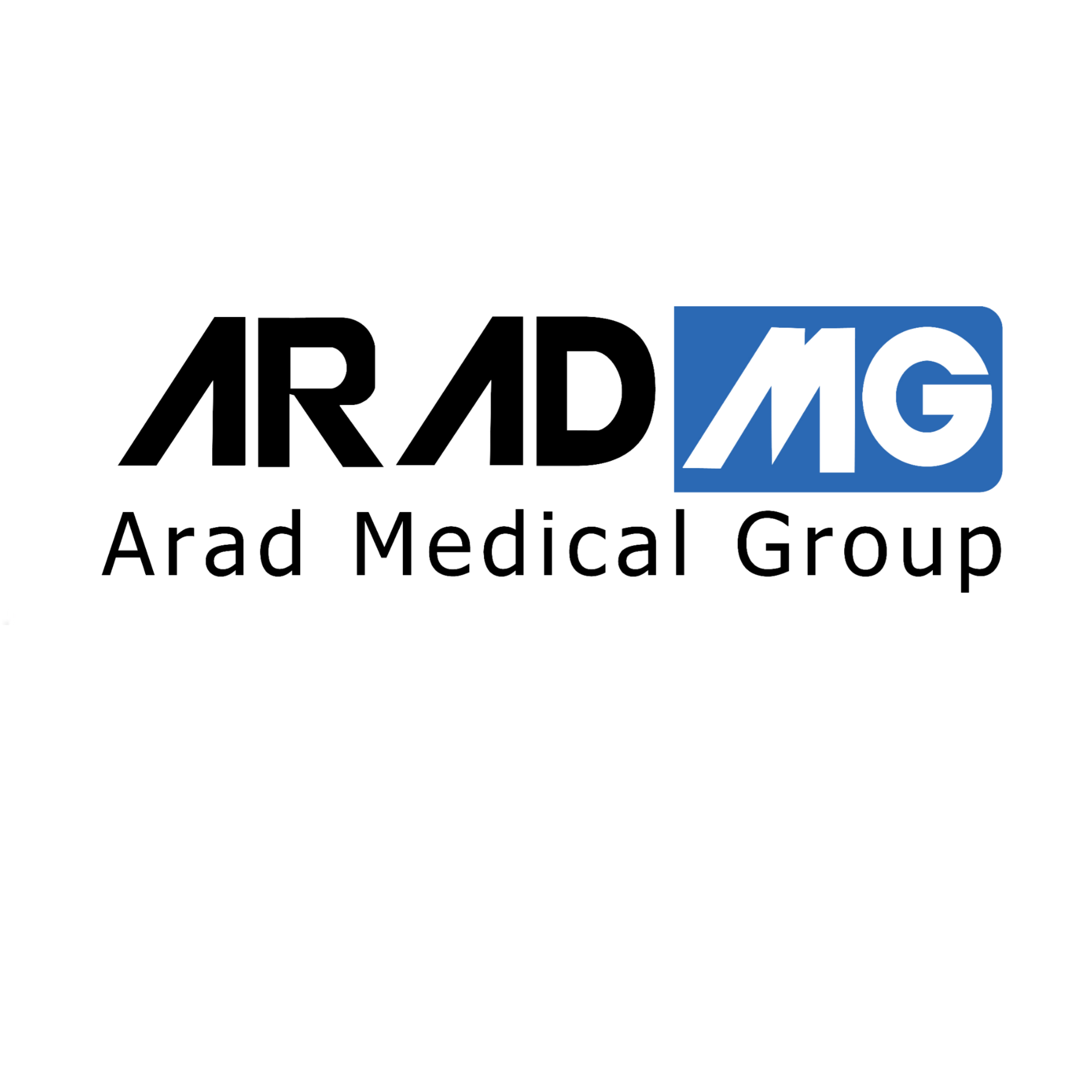PGD/PGS
PGD/PGS The general basis of both methods is the same, and an embryo that is at risk of having a genetic problem is formed in the laboratory through IVF, and then one or two cells are separated from it. Also, by using this method, you can select an embryo with the desired gender and transfer it to the mother’s womb
Preimplantation genetic diagnosis (PGD) to check for chromosomal disorders not related to chromosome number. Such as structural disorders of chromosomes, chromosomal translocations without change in the number of chromosomes and single gene disorders are used. This method is used in people who have a history of repeated miscarriages due to the presence of chromosomal translocations, a history of a child with chromosomal disorders, and parents who are carriers of the disease.
Pre-implantation genetic screening (PGS) includes the screening of all chromosomes and is used to screen for disorders of a number of chromosomes. These disorders include common syndromes such as Down syndrome. This method is used in people who have a history of frequent miscarriage due to disorders of a number of chromosomes or old age of the mother.
In general, PGS can be recommended to all couples undergoing IVF to minimize the risk of developing disorders such as Down syndrome. But PGD is recommended to people whose child is at risk of having a family hereditary disease.
Both of these methods can be performed at Arad infertility treatment center and you can benefit from these services by visiting this center.


